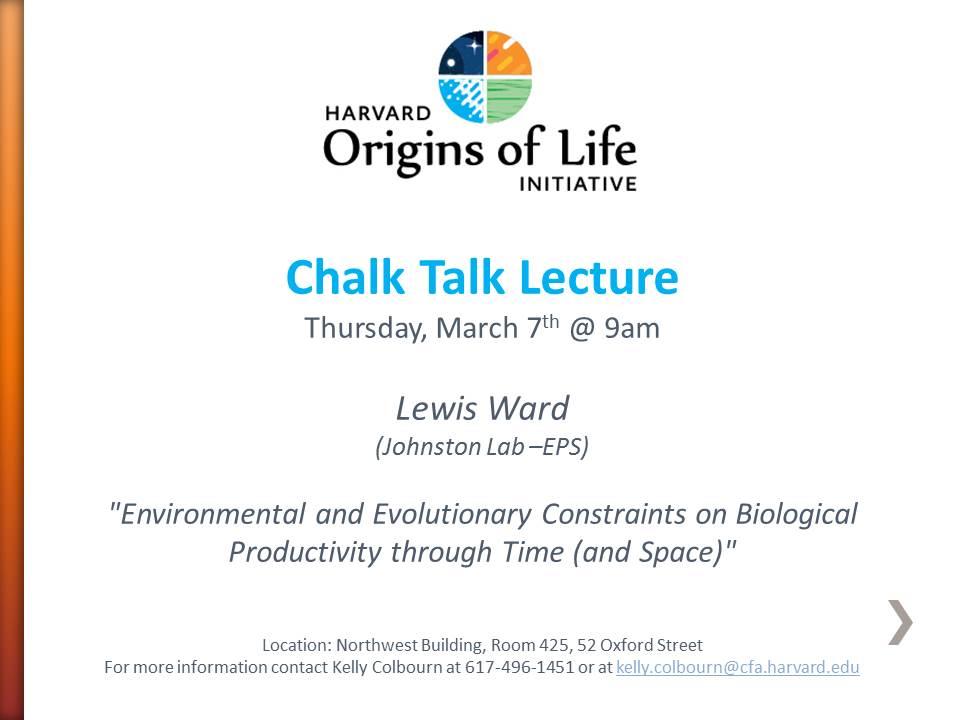Chalk Talks
2019
Dec
05
2019
Oct
03
2018
Oct
04
2018
Apr
04
2019
Mar
07
2019
Feb
07
2018
Dec
06
2018
Nov
01
2018
Feb
01
2018
May
03
2018
Mar
01
2017
Sep
21
2017
Nov
09
2017
Dec
07
2017
Oct
05
